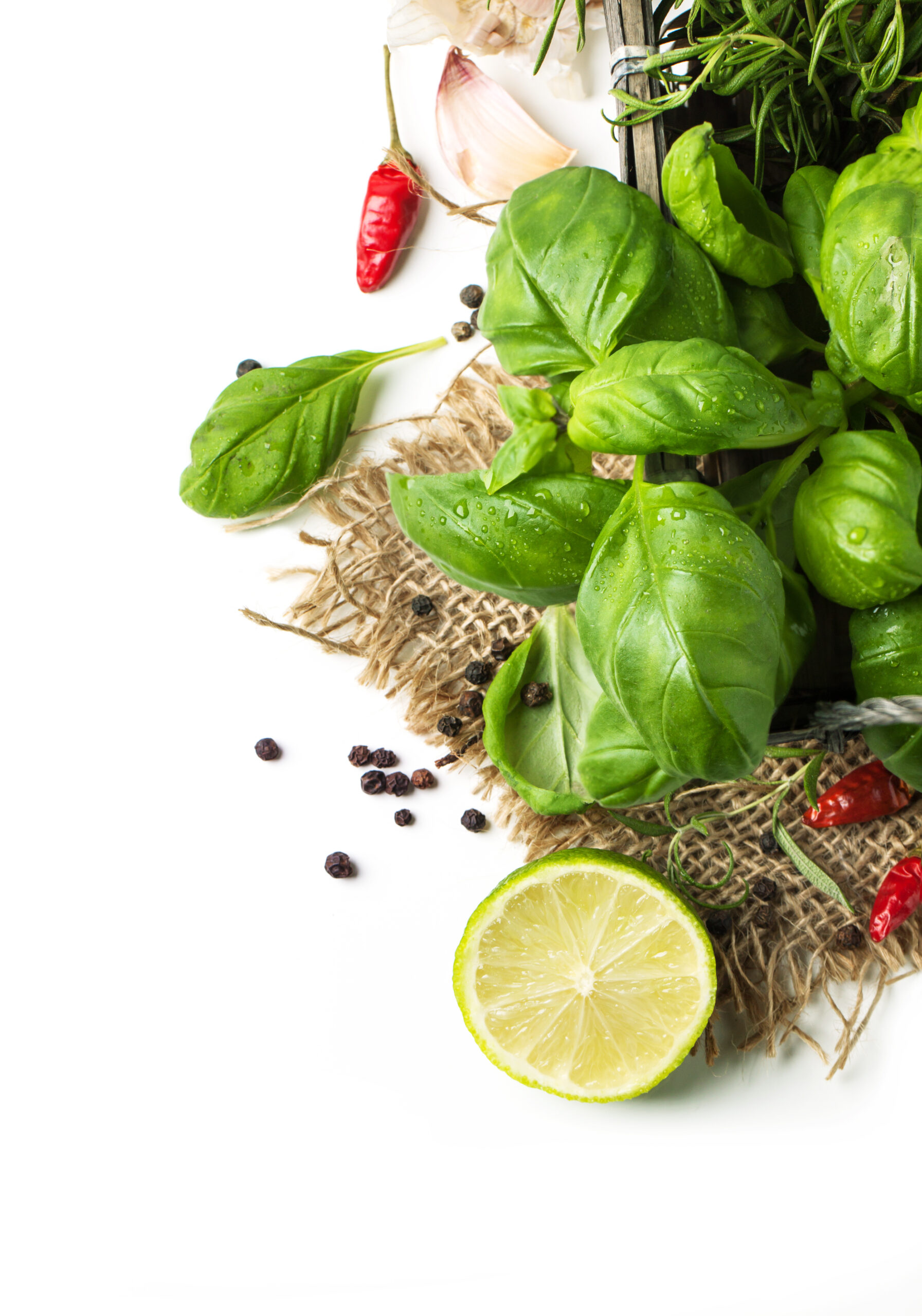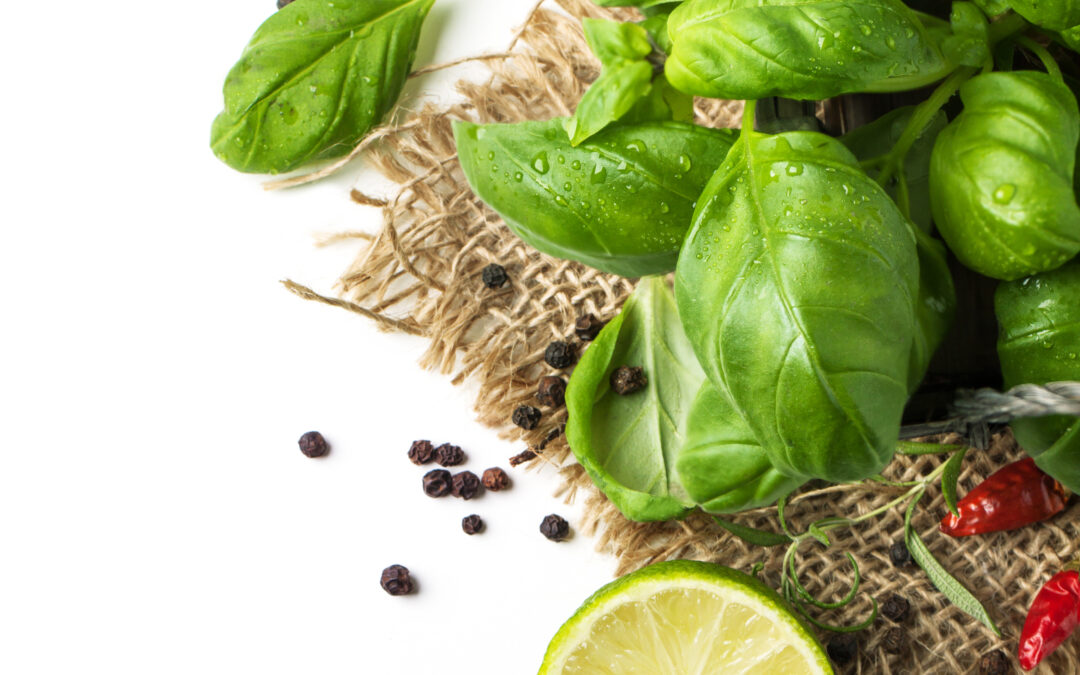Organic gardening is a method of growing plants and vegetables without the use of synthetic fertilizers, pesticides or genetically modified organisms (GMOs). It’s an eco-friendly way to grow your own food that has numerous benefits for both you and the environment. In this blog post, we will explore some of these benefits in more detail.
Introduction to Organic Gardening:
Organic gardening involves using natural methods such as composting, crop rotation, companion planting, and biological pest control to cultivate crops. This approach not only produces healthy fruits and vegetables but also promotes soil health, conserves water resources, reduces pollution, and supports biodiversity. By choosing organic gardening, you can ensure that your family consumes fresh produce free from chemical residues while reducing your carbon footprint on the planet.
The Health Benefits of Eating Organically Grown Food:
Eating organically grown food provides several health benefits. Firstly, it helps reduce exposure to harmful pesticide residues which have been linked to various health problems including cancer, neurological disorders, and reproductive issues. Secondly, organic food contains higher levels of nutrients than conventionally produced food. For example, studies show that organic milk contains up to 50% more omega-3 fatty acids compared to non-organic milk. Finally, organic farming practices promote animal welfare by ensuring that animals are raised humanely with access to sunlight, exercise, and clean living conditions.
How Organic Gardening Can Help the Environment:
Organic gardening can help the environment in many ways. Firstly, it reduces the amount of synthetic chemicals used in agriculture which contaminates groundwater, rivers, lakes, and oceans. These chemicals pose significant risks to aquatic life and wildlife populations. Secondly, organic gardening improves soil quality through the use of natural amendments like compost and cover crops. This enhances soil structure, increases water retention capacity, and boosts microbial activity. Thirdly, organic gardening promotes biodiversity by creating habitats for beneficial insects, birds, and other animals.
Tips for Starting Your Own Organic Garden:
Starting your own organic garden may seem daunting at first, but it doesn’t need to be complicated. Here are some tips to get started:
1. Choose the right location – select a spot in your yard that receives plenty of sunlight and has good drainage.
2. Build healthy soil – start with a soil test to determine what amendments you need to add. Compost, manure, and shredded leaves are great options.
3. Decide what to grow – consider growing vegetables and herbs that you enjoy eating. You could even try growing heirloom varieties that are rich in flavor and history.

4. Use natural pest control – encourage beneficial insects like ladybugs and lacewings to control pests. Neem oil and garlic sprays can also be effective against common garden pests.
5. Practice good garden hygiene – remove diseased plants promptly, clean tools between uses, and avoid overcrowding plants to prevent disease spread.
In conclusion, organic gardening offers numerous benefits for both you and the environment. Whether you’re looking to improve your health, support sustainable agriculture, or connect with nature, starting your own organic garden is a great place to begin.



